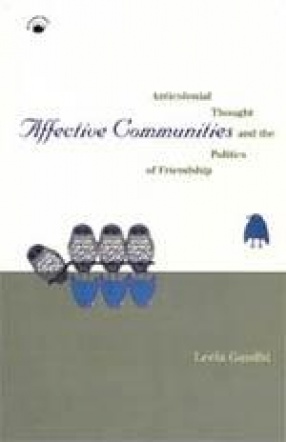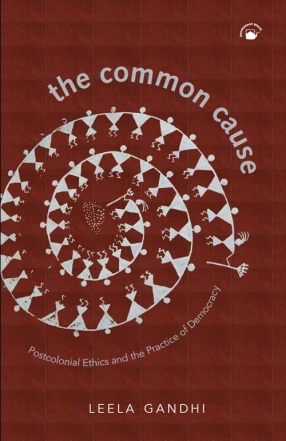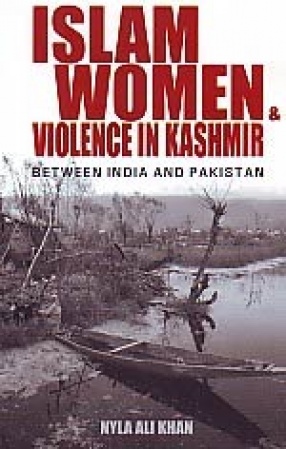‘It I had to choose between betraying my country and betraying my friend, I hope I should have the guts to betray my country.’ So E.M. Forester famously observed in Two Cheers for Democracy. This epigrammatic manifesto, where ‘friend’ stands as a metaphor for cross-cultural collaboration, holds the key, Leela Gandhi argues, to the hitherto neglected history of Western anti0imperialism. Focusing on individuals and groups who renounced the privileges of imperialism to elect affinity with the victims of expansionism, she uncovers the utopian-socialist critiques of empire that emerged in Europe, specifically in Britain, at the end of the nineteenth century. Leela Gandhi reveals for the first time how those associated with marginalized lifestyles, subcultures, and traditions-including homosexuality, vegetarianism, animals rights, spiritualism, and aestheticism-united against imperialism and forged strong bonds with colonized subjects and cultures. she weaves together the stories of a number of South Asian and European friendships that flourished between 1878 and 1914, tracing the complex historical networks connecting figures like the English socialist and homosexual reformer Edward Carpenter and the Young Indian barrister M.K. Gandhi, or the Jewish French mystic Mirra Alfassa and the Cambridge-educated yogi Sri Aurobindo. Challenging Homogeneous portrayals of ‘the West’ the its role in relation to anticolonial struggles, Leela Gandhi puts forward a powerful new model of the political: one that finds in friendship a crucial resource for anti-imperialism and transnational collaboration.
The Common Cause: Postcolonial Ethics and the Practice of Democracy
Europeans and Americans tend ...
$44.10
$49.00






There are no reviews yet.